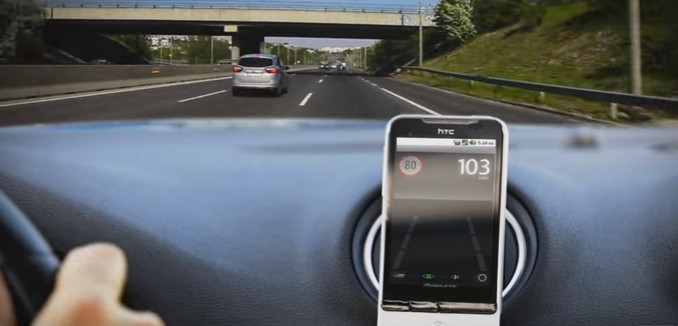Several major automakers are teaming up with an Israeli assisted-driving developer to beat Google to releasing driverless cars, Forbes reported Wednesday.
General Motors will be the first to integrate semiconductor chips from Mobileye that can map road condition in real-time into its vehicles, followed by Volkswagen and Renault-Nissan in 2018. The amount of data provided by these vehicles, which represent nearly a third of the global car market, will allow Mobileye to map local conditions effectively.
The mapping strategy adopted by Mobileye contrasts with that favored by Google, which records every detail of the roads its cars navigate in 3-D maps. For now, that’s limited Google to areas near its headquarters in California and a few select other locations in the United States. The enormous level of detail necessitated by Google’s approach could lead to bandwidth issues.
Google also differs in that it’s seeking to create an autonomous car with no controls, whereas Mobileye is pursuing a more gradual approach. The Jerusalem-based company will be modifying its existing technology, which is already used by 90 percent of the world’s automakers, to improve the accuracy of its mapping.
Mobileye’s breakthrough was finding a way to create 3-D maps using the camera-based chips already installed in millions of cars. Its Road Experience Management software can identify landmarks and other selected roadway information at extremely low bandwidths (approximately 10KB per kilometer of driving) because it doesn’t record every grain of detail, as Google does. Though not quite as precise as Google’s 3-D maps, Mobileye’s software, when combined with camera images and other sensors, can determine a vehicle’s location to within 10 centimeters, making automated driving possible.
“In autos it’s a lot more challenging. I don’t think people understand the complexity of what Mobileye has accomplished,” Rod Lache, an analyst at Deutsche Bank, told Forbes. “We’re at a point where automakers aren’t looking for the lowest price. They’re looking for the leader. Looks to me like Mobileye is part of their defense strategy.”
Mobileye was founded in 1999 and raised nearly $1 billion through an IPO in 2014, the biggest ever for an Israeli company.
Eric Schmidt, chariman of Google’s parent company Alphabet, praised Mobileye earlier this week for the advances it made in machine vision.
[Photo: Mobileye / YouTube ]




